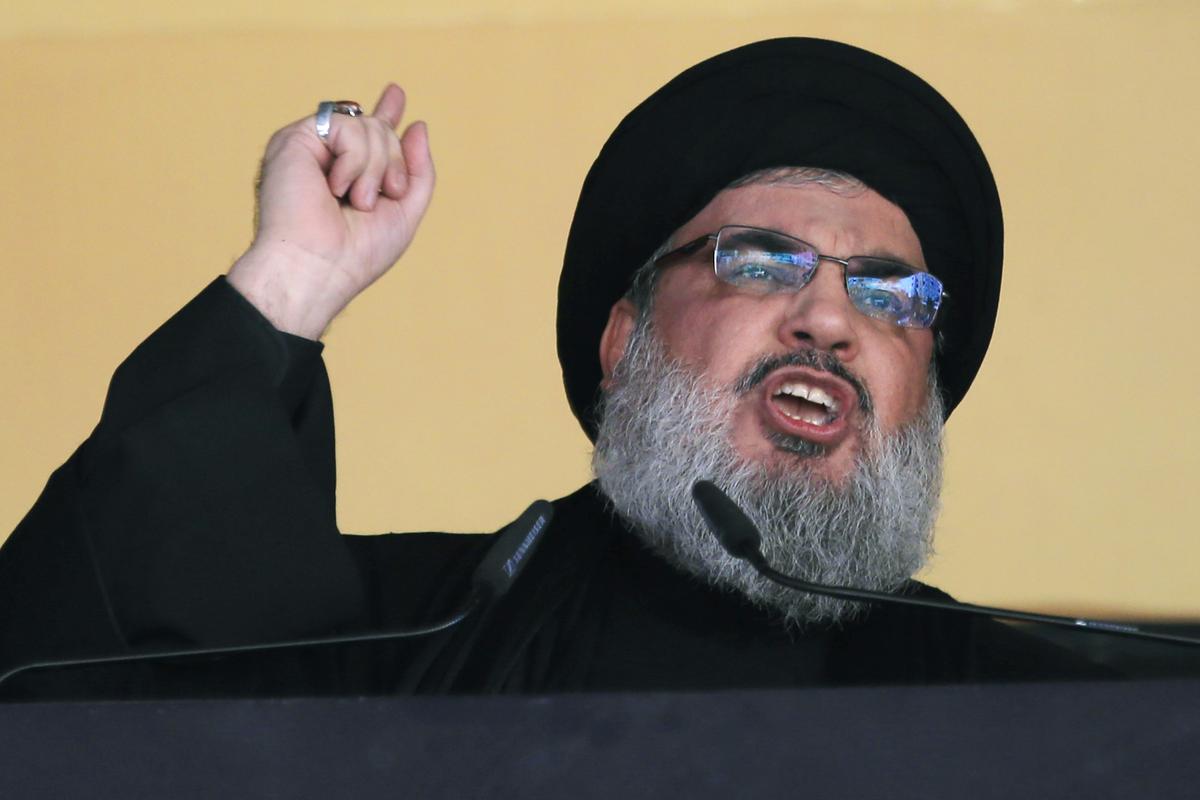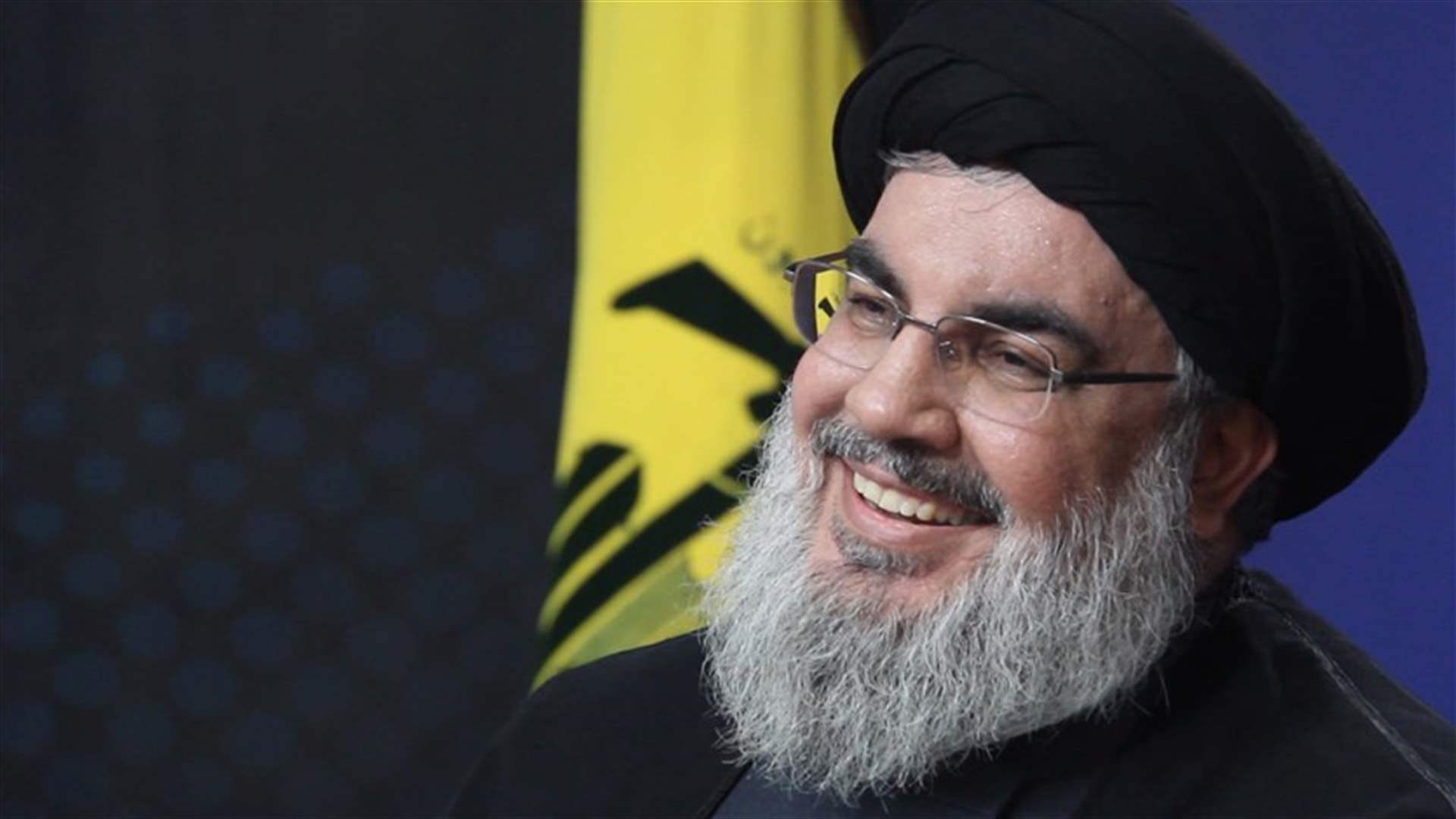The assassination of Hassan Nasrallah
leader of Hezbollah, by Israel has sparked a significant reaction both globally and within India. Nasrallah’s death marks a pivotal moment in Middle Eastern geopolitics, particularly for Israeli Prime Minister Benjamin Netanyahu, who faces both domestic and international scrutiny over Israel’s actions. This development can either cripple Hezbollah by demoralizing its ranks or intensify the group’s resolve through a renewed sense of grievance and resentment among its members. Historically, when a leader who has achieved a cult-like status is removed, it often leaves a power vacuum that can severely hamper the group’s operations, as the new leader may struggle to attain the same level of authority and influence.
Hezbollah, known for its dual political and militant wings, has been designated a terrorist organization by several countries, including the United States, Saudi Arabia, Bahrain, the European Union, and the Arab League. However, in India, the reaction to Hassan Nasrallah’s death has been mixed, raising concerns about how sections of the Indian Muslim community, particularly among Shia Muslims, view the event. For some, Hassan Nasrallah’s death has been seen as a loss to the Muslim cause against Israel, while others, notably the Pasmanda Muslims, have shown restraint or even questioned the appropriateness of public expressions of grief.
One particularly troubling reaction was the prayer and condolence meeting held at the India Islamic Culture Centre (IICC) in Delhi to honor Hassan Nasrallah and other Hezbollah officials. This meeting and the protest rallies organized by Shia organizations reflect a misguided sense of religious solidarity that fails to acknowledge the nuanced reality of the situation. By openly paying tribute to a leader of an organization officially designated as a terrorist group, these events highlight a broader issue within certain sections of the Indian Muslim community—an inability to separate religious sentiments from international political developments that could have severe domestic implications.

The Pasmanda Muslim community, a historically marginalized and underrepresented group within Indian Islam, has notably raised questions about the IICC’s actions. Pasmanda Muslim leaders have criticized the Ashraaf elite, who dominate leadership roles within the IICC, for organizing the event and failing to address the real issues affecting Indian Muslims. Some leaders have even suggested that the IICC could be put to better use, such as being converted into a hospital, given its limited relevance to the broader Muslim community’s interests in India.
The IICC, ostensibly dedicated to promoting mutual understanding and amity, seems to have veered away from its mission with this decision. The public mourning of Hassan Nasrallah, a figure associated with violent extremism, raises serious concerns about the institution’s priorities. As Indian Muslims face various challenges, both social and economic, it is counterproductive for their leaders to align themselves with a group whose actions and ideology contradict the principles of peace and inclusivity that India upholds.
One of the most perplexing aspects of this situation is the selective concern for human rights among those who mourn Hassan Nasrallah. While India’s stance on the Israel-Palestine conflict aligns with support for a two-state solution and opposition to civilian attacks, there is no official Indian designation of Hezbollah as a terrorist organization. Some in the Muslim community have used this ambiguity to justify their sympathy for Hezbollah, conveniently ignoring the group’s extremist activities.
This selective concern extends beyond the Middle East and reflects a broader issue within parts of the Indian Muslim leadership. While they rally against Israel for human rights violations, there is a glaring lack of outrage over human rights abuses in India’s neighboring countries or even within the country itself. For instance, the rights of Kashmiri minorities and the condition of women within the Muslim community are often overlooked. This focus on international issues, rather than addressing the pressing concerns within India, suggests that for some leaders, the rhetoric of human rights is less about genuine principles and more about sentimentality and political posturing.

Misguided Leadership and Tribal Loyalties
The reaction to Hassan Nasrallah’s death exposes deeper flaws in the way Indian Muslim leaders engage with their community. Rather than fostering a sense of national unity and focusing on the well-being of Indian Muslims, these leaders seem preoccupied with tribal loyalties that reflect a dangerous mix of sentiment and politics. The decision to mourn Hassan Nasrallah is not just a misguided act of religious solidarity but also an irresponsible move that risks further marginalizing Indian Muslims.
Pasmanda Muslims, in contrast to their Ashraaf counterparts, have demonstrated a more pragmatic and grounded approach to such issues. While the Pasmanda Muslim Mahaz did not explicitly comment on Hassan Nasrallah’s assassination, it has historically aligned with the Indian government’s stance on Middle Eastern issues, condemning attacks on civilians and focusing on national interests. However, the general indifference or mourning displayed by many sections of the Indian Muslim community over Hassan Nasrallah’s death has created a problematic image, portraying Indian Muslims as tribalistic and sympathetic to extremist ideologies. This is far from the truth for the majority of Indian Muslims, but the actions of a few influential figures can significantly damage the community’s reputation.
The Indian Muslim community urgently needs a shift in its leadership’s focus. Instead of glorifying extremist elements like Hezbollah or aligning themselves with controversial international figures, community leaders must prioritize the real issues facing Indian Muslims—economic development, education, gender equality, and social inclusion. The role models for the community should be those who contribute to nation-building, humanitarian efforts, and success in various fields, not those who are embroiled in constant confrontation or religious politics.

By broadening the range of acceptable discourse and encouraging discussions that go beyond narrow sectarian and allegiances, the Indian Muslim community can work towards empowerment and progress. Leaders must recognize that playing on sentimental politics may garner short-term support but does nothing to address the long-term challenges facing their people.
The assassination of Hassan Nasrallah and the subsequent reaction in India offer a critical reflection of how parts of the Indian Muslim leadership have failed to prioritize the national and community interests. While some misguidedly express solidarity with Hezbollah, they neglect the real issues that Indian Muslims face. There is a need for a significant shift in leadership focus—away from sectarian loyalties and international politics, and toward the welfare and development of the community within India. If the leadership continues to ignore the real needs of the people and indulge in sentimental politics, the future for Indian Muslims will remain uncertain and fraught with challenges.

